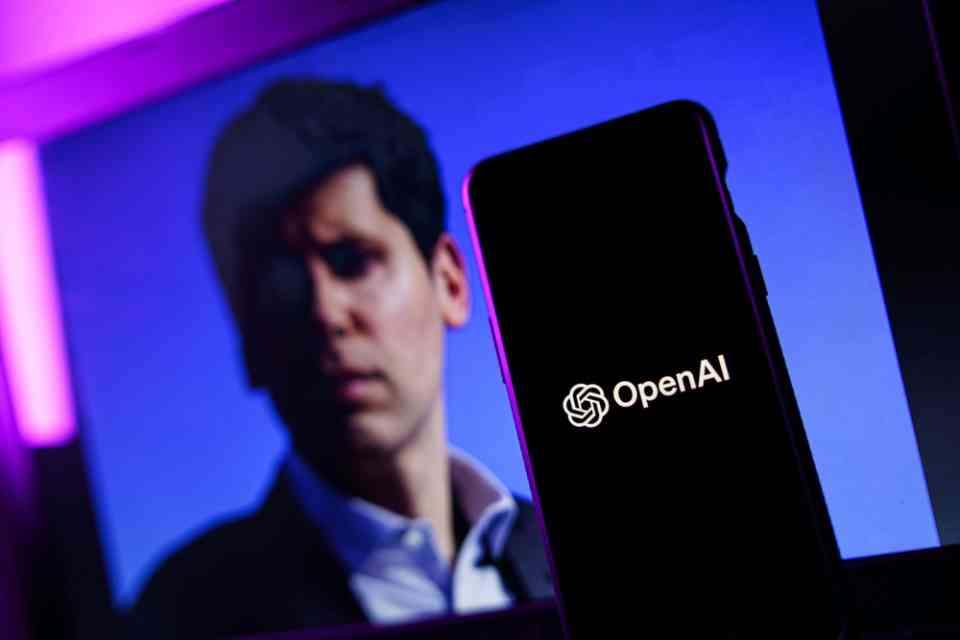OpenAI’s CEO Sam Altman Comments on Superintelligent AI with New Post

In a recent blog post, OpenAI’s CEO Sam Altman shared his belief that superintelligent AI could emerge within the next few thousand days. Far from painting a dystopian future, Altman envisions a world marked by unprecedented prosperity. While he acknowledged that this transformation might take longer than anticipated, he remained optimistic, suggesting that future technologies will enable feats that would have seemed like magic to previous generations.
Altman’s brief post was dense with predictions about the future. He conceded that the rise of superintelligence could face delays but stressed its inevitability. In contrast to those wary of AI’s potential to widen social inequalities, Altman – and many others invested in AI – sees machines not as replacements for humans but as tools to enhance human capability.
He pointed out that society’s collective intelligence has always been greater than any individual, attributing humanity’s progress not to genetic evolution but to advances in societal infrastructure. He expressed confidence that AI will address pressing global issues, laying the groundwork for a leap toward a brighter future.
In Altman’s ideal world, people will have access to their own AI assistants – virtual teams capable of handling the tasks that complicate modern life. He predicts that these AI systems will work alongside humans, enabling the creation of almost anything imaginable.
Altman also envisions a future where AI-powered tutors will revolutionize education, tailoring learning experiences to each student’s unique needs. According to his forecast, everyone will have access to the education necessary to succeed, ushering in an era of shared prosperity that seems unimaginable today.
However, some remain skeptical of this optimistic outlook. Detractors question whether such utopian visions can be realized, considering the persistent nature of human conflict and self-interest. Critics also wonder if AI can truly address the potential downsides of increased technological dependency, as society is only beginning to understand the effects of social media on mental health and well-being.
Altman did acknowledge potential challenges, particularly disruptions to the labor market. Yet, he maintained that these issues could be resolved, drawing comparisons to utopian ideals of freedom from mundane work. He urged readers to prepare for a future where monotonous tasks are eliminated, allowing people to focus on more fulfilling pursuits.
In concluding his post, Altman described the dawn of the “Intelligence Age” as a pivotal moment, fraught with high-stakes risks but also offering tremendous opportunities. While he acknowledged that the journey wouldn’t be entirely smooth, he emphasized the importance of navigating these challenges for the sake of future generations.
However, prominent AI critic Gary Marcus dismissed the post as a promotional piece rather than a serious scientific analysis, pointing out numerous flaws in Altman’s arguments. In addition, Ed Zitron, CEO of EZPR, was even more scathing, mocking Altman’s predictions as vague and exaggerated, comparing them to political rhetoric.
Have you read?
The Daunting CEO Agenda: What it Means for Communications.
How to Write Attractive Book Proposals? Jennifer Scott Pens Some Tips.
The Psychology Tool Leaders Can Use to Increase Productivity.
Generative AI Offers Major Benefits for Independent Workers.
7 things I didn’t know about flying business class.
Bring the best of the CEOWORLD magazine's global journalism to audiences in the United States and around the world. - Add CEOWORLD magazine to your Google News feed.
Follow CEOWORLD magazine headlines on: Google News, LinkedIn, Twitter, and Facebook.
Copyright 2025 The CEOWORLD magazine. All rights reserved. This material (and any extract from it) must not be copied, redistributed or placed on any website, without CEOWORLD magazine' prior written consent. For media queries, please contact: info@ceoworld.biz








